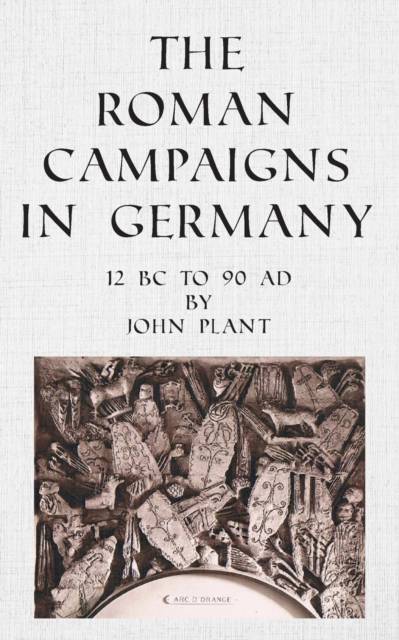
- Retrait gratuit dans votre magasin Club
- 7.000.000 titres dans notre catalogue
- Payer en toute sécurité
- Toujours un magasin près de chez vous
- Retrait gratuit dans votre magasin Club
- 7.000.0000 titres dans notre catalogue
- Payer en toute sécurité
- Toujours un magasin près de chez vous
Description
In 1851 Sir Edward Creasy included the 'Victory of Arminius over the Roman legions under Varus, A.D. 9' in his 'The Fifteen Decisive Battles of The World'. He wrote that 'That victory secured at once and for ever the independence of the Teutonic race'. This has been the accepted interpretation ever since.
It is, though, unlikely that any one battle, however successful, could halt the expansion of the Roman Empire, and a broader view is called for. This will require a study of the entire period between Augustus's first decision, in 16 BC, to attack Germany to 90 AD, when Domitian finally admitted that conquest was impossible.
This book is an attempt to provide this study. The first chapter is a study of the Roman army and describes some basic Roman military procedures in particular those involved in marching and camp construction, then the campaigns involved are analysed in terms of these procedures. The result if this analysis is an entirely new interpretation of Roman motivation and of the 'Battle of the Teutoburg Wald', an interpretation dramatically different from that reached by other authors.
Spécifications
Parties prenantes
- Auteur(s) :
- Editeur:
Contenu
- Nombre de pages :
- 348
- Langue:
- Anglais
Caractéristiques
- EAN:
- 9781803692722
- Date de parution :
- 10-03-22
- Format:
- Livre broché
- Format numérique:
- Trade paperback (VS)
- Dimensions :
- 127 mm x 203 mm
- Poids :
- 376 g

Les avis
Nous publions uniquement les avis qui respectent les conditions requises. Consultez nos conditions pour les avis.






